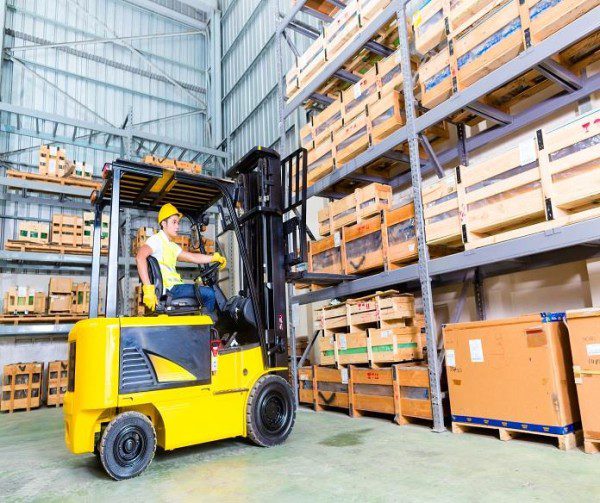Navigating Heights and Loads: The Importance of a Forklift Operator License
Tagged as: .
In the bustling world of warehouses and industrial settings, forklifts play a pivotal role in the seamless movement of goods. However, operating these powerful machines requires more than just skill; it demands a Forklift Operator License. This article delves into the significance of obtaining such a license and the safety measures associated with forklift operations.
Understanding the Forklift Operator License: Securing a Forklift Operator License is not merely a bureaucratic requirement; it is a crucial step towards ensuring the safety of both the operator and those in the vicinity. This license is a testament to an individual's proficiency in handling the complexities of forklifts and their ability to navigate through challenging scenarios.

The Training Process: Obtaining a Forklift Operator License involves comprehensive training programs. These programs cover various aspects, including understanding the forklift's controls, load handling, and safety protocols. Classroom sessions provide theoretical knowledge, while hands-on training equips operators with practical skills. The goal is to instill confidence in operators, enabling them to maneuver forklifts efficiently and safely.
Safety Measures Emphasized:
-
Load Management: One of the primary focuses during forklift training is load management. Operators learn how to assess loads, determine weight capacities, and secure loads properly. This ensures that the forklift operates within its designated limits, preventing accidents caused by overloaded or unbalanced loads.
-
Height Navigation: Forklifts often operate at considerable heights, requiring operators to navigate through narrow aisles and elevated spaces. Training emphasizes the importance of precision and caution when lifting and lowering loads, minimizing the risk of collisions or tip-overs.
-
Adherence to Safety Guidelines: Forklift operators must strictly adhere to safety guidelines to maintain a secure working environment. This includes wearing appropriate personal protective equipment (PPE), following designated pathways, and communicating effectively with other workers to prevent accidents.
Benefits of a Forklift Operator License:
-
Professional Recognition: A Forklift Operator License is a mark of professionalism in the industrial sector. Employers value operators who have undergone formal training and obtained the necessary license, considering them to be more reliable and safety-conscious.
-
Reduced Accidents: Properly trained forklift operators are less likely to be involved in accidents. The skills acquired during training enable them to handle challenging situations, reducing the risk of injuries, damages, and workplace disruptions.
In conclusion, the role of forklift operators in ensuring the smooth flow of industrial operations is undeniable. However, this role comes with responsibilities that extend beyond the ability to drive a forklift. Acquiring a Forklift Operator License is a commitment to safety and proficiency, making operators assets in any workplace.
For those aspiring to become certified forklift operators, Safety First Training, found at safetyfirsttraining.ca, offers comprehensive training programs. Investing in proper training is not just a legal requirement; it's a commitment to a safer and more efficient workplace.
Our website is a great place to start for more information.